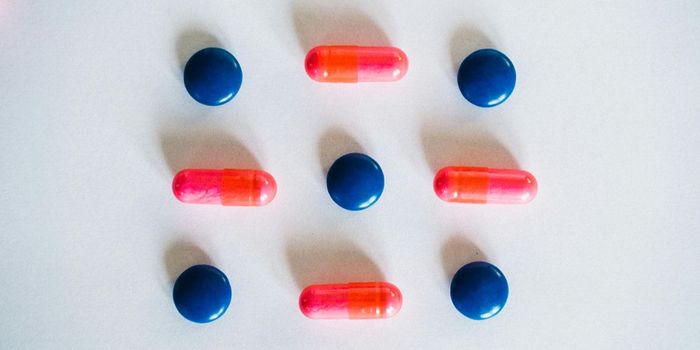Blood Test Detects Sleep Deprivation with 99.2% Accuracy

Studies show that sleep deprivation reduces one’s capacity to sustain attention and respond in a timely manner. It also reduces one's ability to execute high-order cognitions, including some aspects of memory and decision-making, and increases chances of unintentionally falling asleep. Such effects can have negative consequences in safety-critical environments such as transportation, health care, and certain types of surveillance like air traffic control.
A biomarker that could detect a lack of sleep in such situations could be used to prevent negative consequences. In the current study, researchers sought to develop a biomarker that can detect sleep deprivation over 24 hours.
For the study, they collected blood samples from young, healthy participants who were either sleep-deprived or well-rested. They then analyzed the samples with untargeted liquid chromatography-mass spectrometry and used a machine-learning approach to build predictive models.
Ultimately, their models could accurately detect sleep deprivation- defined as 24- 38 hours awake- 99.2% of the time when compared to their well-rested sample. They noted, however, that accuracy fell to 89.1% when considering a single sample without the well-rested comparison. Their sleep deprivation biomarker could also detect wakefulness down to 18 hours.
"Next steps would be to test it in a less controlled environment and maybe under forensic conditions, particularly if it was to be used as evidence for crashes involving drivers falling asleep," said first author of the study, Dr Katy Jeppe, from the Monash Proteomics and Metabolomics Platform, previously from the School of Psychological Sciences, in a press release.
Dr. Jeppe added that as the test requires a blood sample, its use may be more limited in a roadside context. She noted, however, that future work could examine whether metabolites, and therefore the biomarker, are also present in saliva or breath.
"Much further work would be needed if laws were to change and a sleep deprivation test introduced on the road or in workplaces. This would include further validation of biomarkers, as well as establishing safe levels of sleep to prevent and recover from impairment, not to mention the extensive legal process,” she concluded.
Sources: Science Advances, Science Daily








